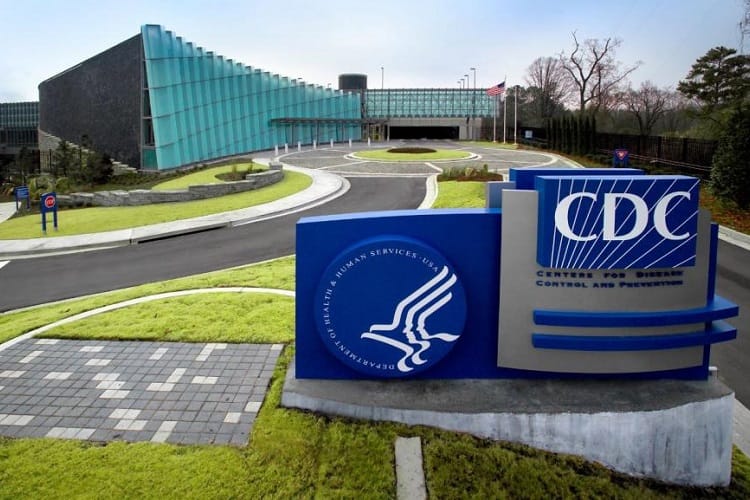The recent report from the Centers for Disease Control and Prevention (CDC) regarding a Louisiana patient who became severely ill has raised significant concerns in the public health community. According to the CDC, the bird flu virus, known scientifically as avian influenza, likely mutated within this patient. This mutation could potentially enhance the virus’s ability to infect humans, which is a critical area of focus for health officials.
The patient, whose identity has not been disclosed due to privacy concerns, exhibited severe symptoms consistent with a bird flu infection. Initial tests confirmed the presence of the H5N1 strain of the virus, which is known for its high mortality rate in humans. The CDC’s investigation into this case revealed that the virus had undergone genetic changes, suggesting that it may have adapted to better infect human cells.
The implications of this development are profound. Historically, H5N1 has primarily affected birds, with sporadic cases in humans typically linked to direct contact with infected birds or contaminated environments. However, the possibility of the virus mutating to spread more easily among humans poses a significant risk. The CDC has emphasized the need for ongoing surveillance and research to monitor any further changes in the virus’s behavior.
In response to this situation, the CDC has initiated a series of measures aimed at containing the virus and preventing potential outbreaks. These measures include increased monitoring of poultry populations in Louisiana and surrounding areas, as well as heightened surveillance of individuals who may have had contact with infected birds. The agency is also advising healthcare providers to be vigilant for symptoms associated with bird flu in patients who have recently traveled to areas where the virus is prevalent.
Health officials are urging the public to remain informed about the risks associated with bird flu, particularly for those who work in agriculture or have close contact with birds. The CDC recommends that individuals practice good hygiene, such as washing hands thoroughly after handling birds or their droppings, and avoiding contact with sick or dead birds.
The emergence of this mutated strain of the bird flu virus highlights the ongoing challenges posed by zoonotic diseases—those that can be transmitted from animals to humans. The interaction between humans and wildlife, particularly in the context of agricultural practices and urbanization, creates opportunities for viruses to jump species and evolve. This case serves as a reminder of the importance of maintaining robust public health systems capable of responding to emerging infectious diseases.
As the investigation continues, the CDC is working closely with state and local health departments to track any potential spread of the virus. Scientists are conducting genetic sequencing of the virus obtained from the Louisiana patient to better understand its mutations and assess its potential impact on human health. This research is crucial for developing effective vaccines and treatments should the virus pose a greater threat to the human population.
In addition to monitoring the situation in Louisiana, the CDC is collaborating with international health organizations to share findings and best practices. The global nature of infectious diseases necessitates a coordinated response, as viruses do not recognize borders. Public health officials worldwide are on alert for any signs of increased transmission of the bird flu virus among humans.
While the situation remains serious, it is important to note that the risk of widespread transmission of the bird flu virus among humans is currently considered low. However, health experts caution that vigilance is essential. Continued research, public awareness, and preventive measures will be critical in mitigating any potential risks associated with this evolving virus.
In conclusion, the detection of a mutated bird flu virus in a severely ill patient in Louisiana underscores the importance of monitoring zoonotic diseases and the potential risks they pose to human health. As the CDC and other health organizations work to investigate this case, it is crucial for the public to remain informed and adhere to recommended safety practices. The ongoing collaboration between local, national, and international health entities will play a vital role in addressing this emerging public health challenge.


